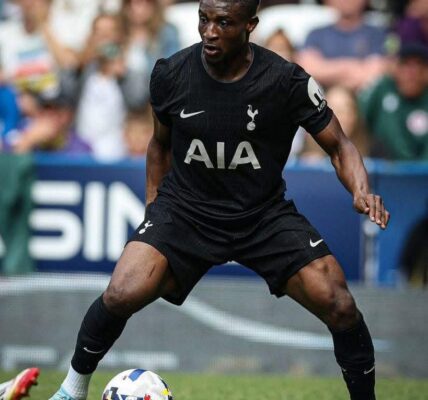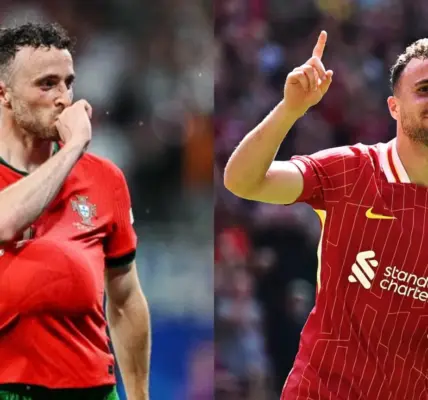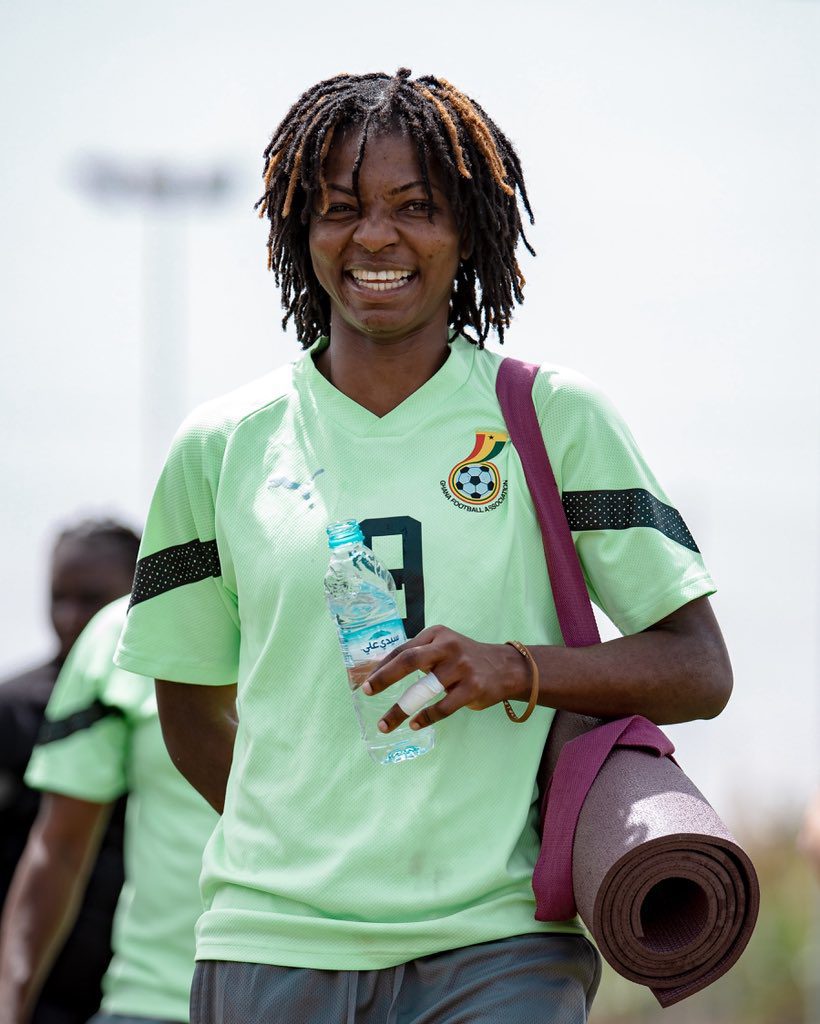GOAL’s Hall of Fame: Diego Armando Maradona – the god of football who made the impossible possible
Other legends may have won more trophies than the Argentine No.10 but nobody carried teams quite like ‘El Pibe de Oro’
The Hall of Fame is for footballers who have defined an era, meaning there is, of course, a place for the player widely regarded as the greatest of all time. There is, in fact, a before and after Diego Armando Maradona, a character so compelling that the story of the 20th century could not be written without devoting at least a chapter to his exploits on and off the field.
Maradona the player and Maradona the man have both been immortalised in books, songs, films, paintings, murals and statues all across the world. He was an icon, a legend, a talent so pure that he could do things with a football that appeared to defy the laws of physics. Basically, Maradona made the impossible possible – in every sense.
For millions of people, particularly the working class from which he came, Maradona was more than a mere footballer. Because of his rebellious nature, he became – and remains – a source of inspiration, a spectacular symbol of hope and defiance.
He won titles, albeit much less than other greats of the game, by choosing the underdogs and challenging the established order. He also won with his national team, taking a group of modest players to the top of the world.
More than anything else, though, Maradona was a champion of the people, a very human god that demonstrated, like ever before or since, how a single individual can sometimes make history in a team sport.
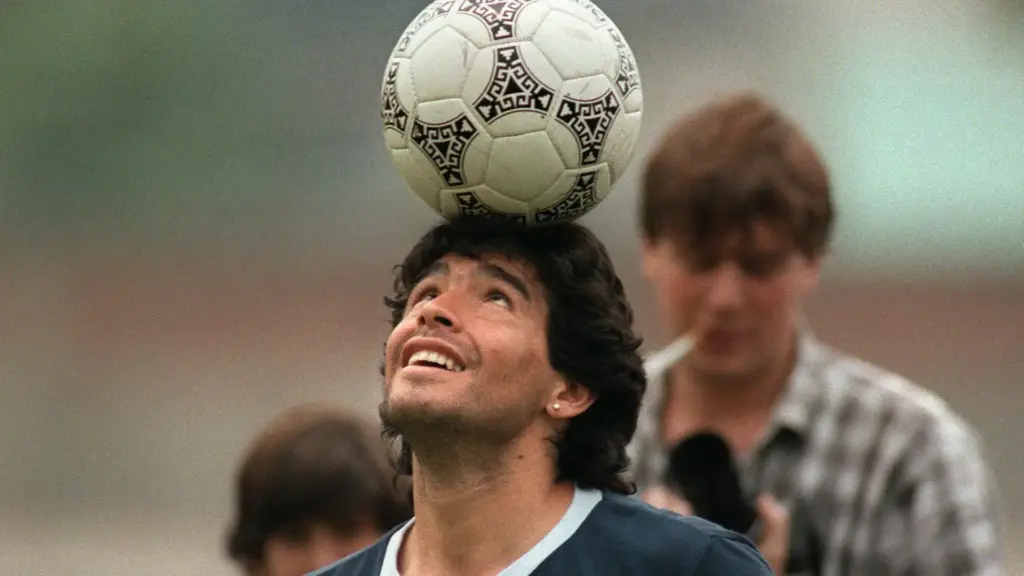
Football’s answer to Atlas
Just mentioning Maradona immediately evokes a vast array of images, ideas, anecdotes and possibilities, including the very real risk of repetitive rhetoric.
The aim here, then, is to simply highlight one of the things that most distinguished the Argentine from the plethora of phenomena that have graced football pitches across the globe: his ability to convince groups, teams and players – who would never have dreamed of achieving certain goals without him – that winning was a legitimate objective. And then to actually realise it.
The history of football is, of course, full of remarkable feats achieved by charismatic leaders – yet there has arguably never been a single player like Maradona, a kind of footballing equivalent of Atlas, capable of carrying the weight of the world – or at least entire teams – on his shoulders.
Maradona didn’t just do it once either. He did it several times.
He stayed away from the game’s established super-powers to join the opposition and try start a revolution. He did play for Barcelona – but a very different version of the Blaugrana we know today. He also left after just two years and made the stunning decision to commit his peak years to a losing team.
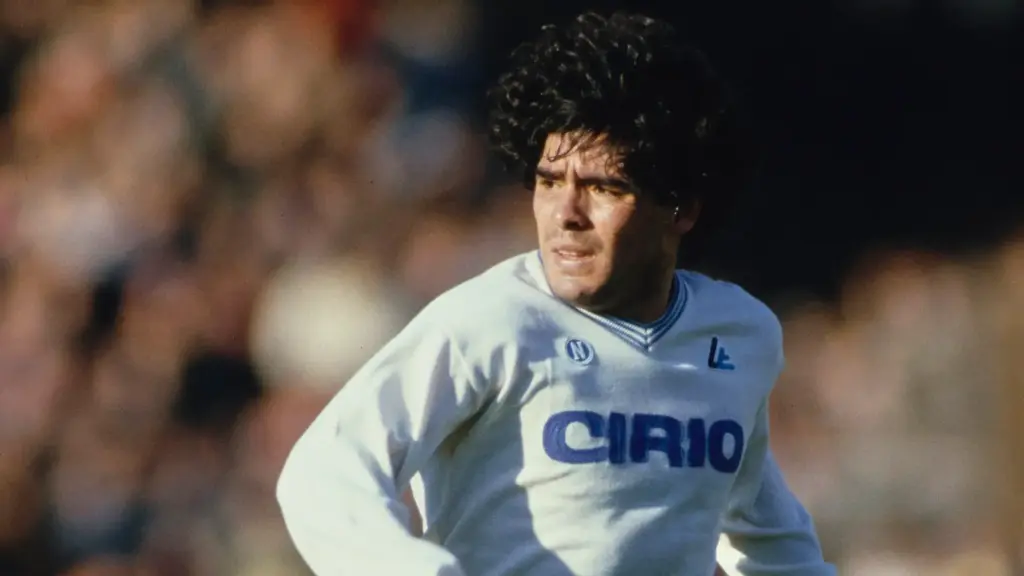
Turning doubters into believers
Before his arrival in 1984, Napoli had never won an Italian championship, and it would be more than 30 years before they did so again after his departure.
In total, Maradona claimed two Scudetti, a Coppa Italia and a UEFA Cup during his truly dramatic seven-year stay at the Stadio San Paolo (which now bears his name) – but the titles and numbers (115 goals in 259 games for Napoli) don’t even tell half the story of his time in Naples.
El Pibe de Oro was a driving force in the dressing room, getting under the skin of his team-mates and creating an unbreakable bond of trust between them. Essentially, they believed they could win titles together because he made them believe.
Maradona may have been the face of the club but he was also their friend. They were more than willing to live in his shadow for the greater good – not least because he was the first to admit that they had no chance of upsetting the odds if they were not fully united.
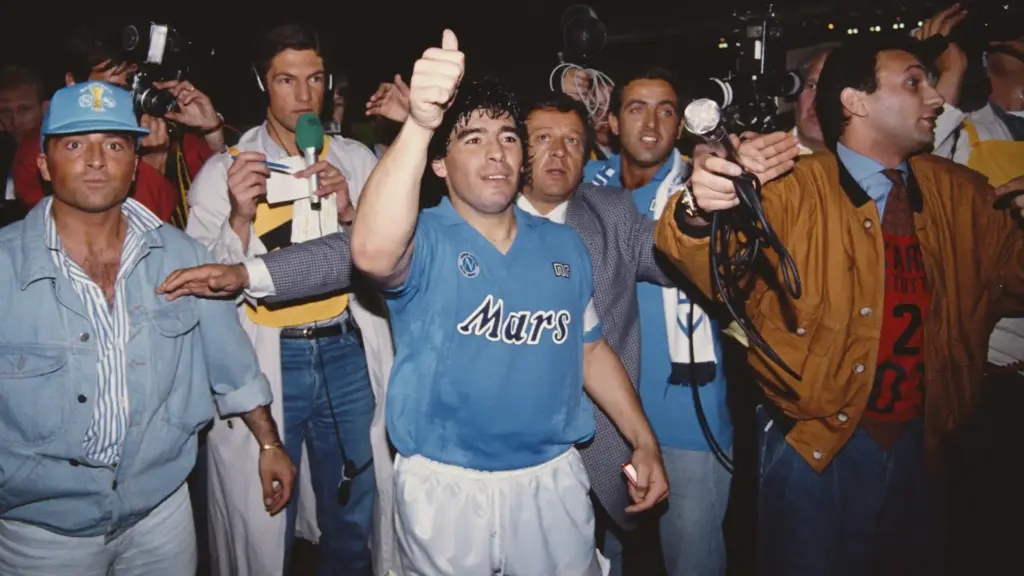
The brightest star in Serie A
Maradona knew right from the off that Napoli would not want for support from the stands. After arriving from Barcelona, he was greeted at the San Paolo by 70,000 fans. However, the Argentine knew he had joined a mediocre team, one that only escaped relegation by a single point just a few months earlier. He would be surrounded by journeymen rather than stars.
Slowly but surely, club president Corrado Ferlaino began to strengthen the squad, providing Napoli’s leading man with a more impressive supporting cast.
However, Maradona also improved, taking his game to a whole other level, first with Argentina, at the 1986 World Cup, and then Napoli, who won their first-ever Scudetto the following year.
At the time, Serie A was the strongest league in the world. There was Michel Platini’s Juventus, Arrigo Sacchi’s magnificent AC Milan side, Gianluca Vialli and Roberto Mancini’s Sampdoria – the depth of talent and level of competition were truly extraordinary.
And yet the only team to win two titles between 1984 and 1991 were Napoli. Why? Because they had Maradona, who shone more brightly than anyone else in a star-studded Serie A.
Unfortunately, the physical and mental strain of spending so long in the spotlight eventually took its toll on Napoli’s No.10, whose life off the field began to spiral out of control, resulting in a 15-month ban for testing positive for cocaine that signalled the end of his spell at the San Paolo.


